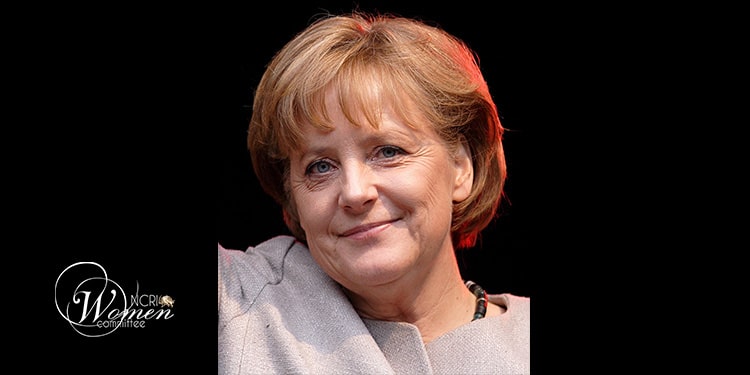Angela Merkel, Germany’s first female chancellor and one of the most influential leaders of the 21st century, served as the backbone of European stability for over 16 years. A trained physicist from East Germany, Merkel brought scientific precision, quiet strength, and steadfast pragmatism to the global stage—earning her the nickname “the world’s most powerful woman.”
Born in Hamburg in 1954 and raised behind the Iron Curtain, Merkel earned a doctorate in quantum chemistry before entering politics after the fall of the Berlin Wall. She rose swiftly through the ranks of the newly unified Germany’s political landscape, becoming the leader of the Christian Democratic Union (CDU) in 2000 and chancellor in 2005.
Throughout her tenure, Merkel became known for her cautious, consensus-driven leadership style. She steered Germany through multiple global crises—including the 2008 financial meltdown, the Eurozone debt crisis, and the 2015 refugee influx—often serving as a stabilizing force in an increasingly fragmented European Union. Her response to the refugee crisis, marked by the phrase “Wir schaffen das” (“We can do this”), showed both her moral resolve and political courage.
A role model for female leadership in a male-dominated arena, Merkel cited physicist Marie Curie and former Chancellor Helmut Kohl—her political mentor—as key influences. Her legacy is defined not by flashy rhetoric but by consistency, competence, and commitment to democratic values.
Even after leaving office in 2021, Angela Merkel’s impact endures. She redefined what leadership looks like in the modern world: calm under pressure, guided by reason, and deeply human.
